last fall feeding
tarheel23
15 years ago
Related Stories
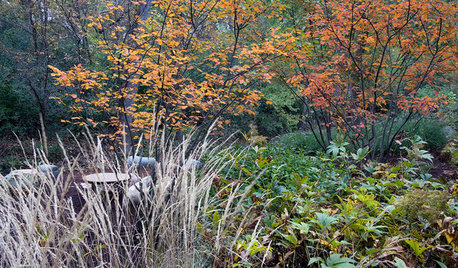
GARDENING GUIDES8 Native Shrubs for Year-Round Bird Feeding
It’s not just about berries. These plants provide insects for birds and seasonal interest for gardeners
Full Story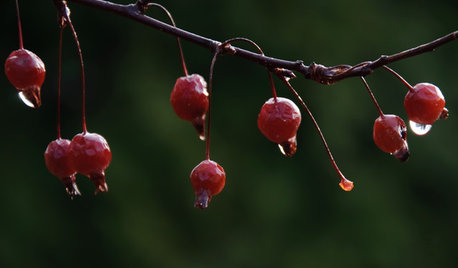
GARDENING FOR BIRDSFeed the Birds: 6 Plants for Abundant Winter Berries
Be kind to your fair feathered friends during lean food times by planting a shrub or tree loaded with nutritious snacks
Full Story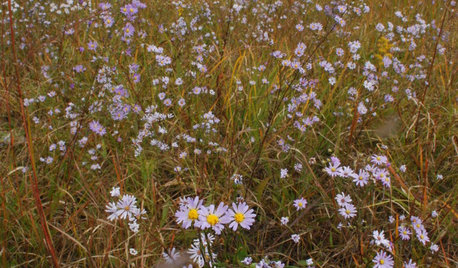
GARDENING GUIDES15 Native Flowers That Feed Native Bees
These perennials offer superfood to hundreds of bees and are gorgeous in their own right
Full Story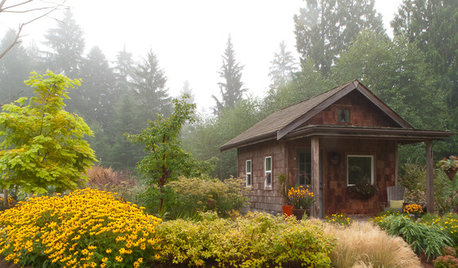
PLANTING IDEASGreat Garden Combo: A Fall Landscape Scene That Lasts
Span the seasons with trees, shrubs and grasses that offer color and texture in abundance
Full Story
HOLIDAYSMake a Showstopping Fall Centerpiece That Lasts
With flowers that will dry beautifully, succulents and wood circles, this organic arrangement will wow guests all season long
Full Story
HOUSEPLANTSMeet a Long-Lasting Houseplant With a Forgiving Heart
Low light and little watering won't scar Zee Zee plant for life; this East Africa native has a tolerant nature and an exotic beauty
Full Story
FALL GARDENINGMake This Fall’s Garden the Best Ever
Learn the most important tip for preventing buyer’s remorse, plus get more valuable buying and planting advice
Full Story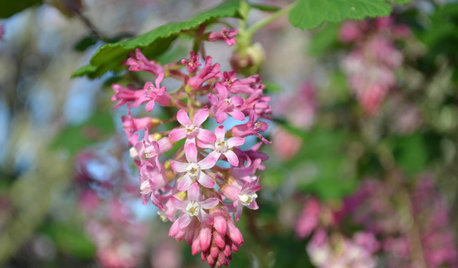
GARDENING GUIDESGreat Design Plant: Feed Wildlife With Flowering Currant
Blossoms and berries make this plant irresistible to birds, bees and other critters — and a treat for the eyes too
Full Story
HOLIDAYSA Thanksgiving Tradition to Last the Whole Year
Looking for a thoughtful yet simple way to capture your family's gratitude? Grab a jar and paper
Full Story
HOME TECHTo Feed and Protect: Care for Your Pet From Afar With New Devices
You might miss the nuzzles, but your dog or cat won't miss food, water or monitoring with these high-tech feeders and cameras
Full Story





billhill
Kimmsr
Related Professionals
Marina Landscape Architects & Landscape Designers · Towson Landscape Architects & Landscape Designers · Waterbury Landscape Contractors · Cockeysville Landscape Contractors · Huntley Landscape Contractors · Marlborough Landscape Contractors · Pompano Beach Landscape Contractors · West Chester Landscape Contractors · Mount Pleasant Swimming Pool Builders · Hutto Fence Contractors · Nampa Fence Contractors · Newington Fence Contractors · Pensacola Fence Contractors · San Antonio Fence Contractors · San Lorenzo Fence Contractorsskizot
Kimmsr
skizot
tarheel23Original Author
rcnaylor
tarheel23Original Author
skizot
rcnaylor
tarheel23Original Author
garycinchicago
Kimmsr
rcnaylor
pdjimmy
bpgreen